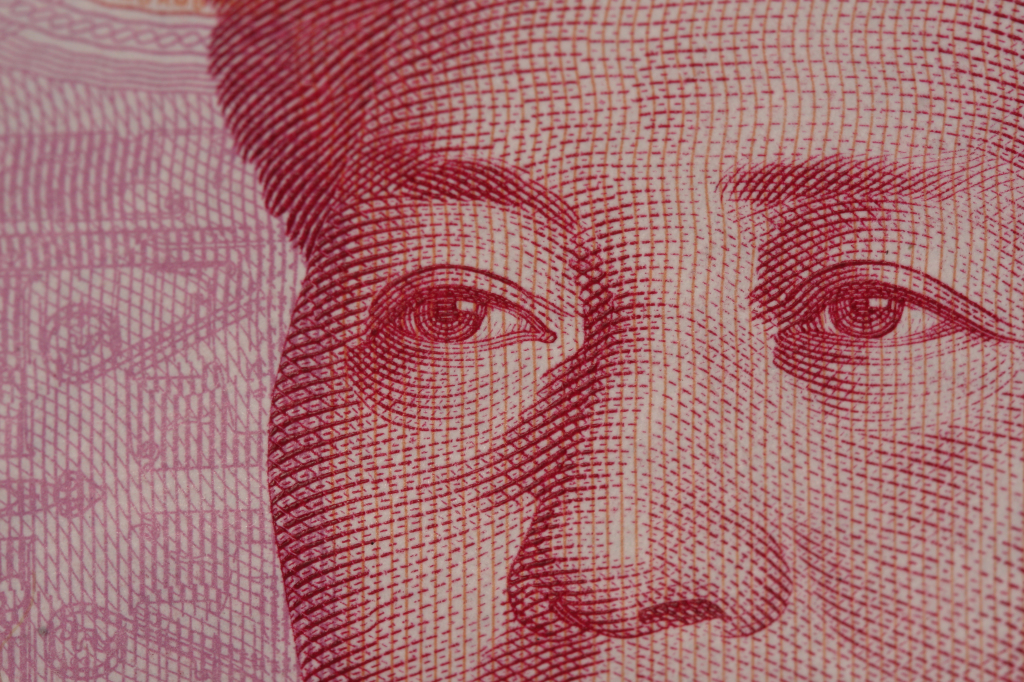In recent years, China’s economy has grown at a slower pace, prompting many experts to speculate on its future prospects. In this podcast from the Centre for Global Policy from the Tsinghua-Carnegie Centre, Paul Haenle and Carnegie’s Yukon Huang examined and debunked certain misperceptions that inform current conventional wisdom about the debt that China has accumulated and the country’s unbalanced growth.
Huang posited that China’s debt is the result of deliberate government stimulus programs and not fiscal mismanagement. He asserted that rising debt levels suggest that China’s fiscal system will need to evolve to fit the country’s needs as an emerging market. Huang also maintained that unbalanced growth is a necessary step for China to grow from a middle-income country to a high-income one.
As China’s economy has expanded rapidly over the past three decades, the impact of its performance on global markets has also grown. In the second half of this podcast, Paul Haenle and Carnegie’s Yukon Huang examined myths about the relationship between China’s trade surpluses and U.S. trade deficits as well as the challenges and opportunities facing China’s efforts to promote urbanization.
Huang refuted the commonly-held assumption that U.S. trade deficits are caused by China’s trade surpluses by pointing out that U.S. trade deficits emerged years before China’s surpluses did. He also argued that China’s sprawling cities are smaller and less densely populated than other large urban centers elsewhere in the world. Huang concluded that differing political systems, cultures, and value systems help explain why views on China’s economy diverge so greatly.
Source:http://carnegietsinghua.org/2015/04/27/debunking-more-myths-about-china-s-economy/i7uc

